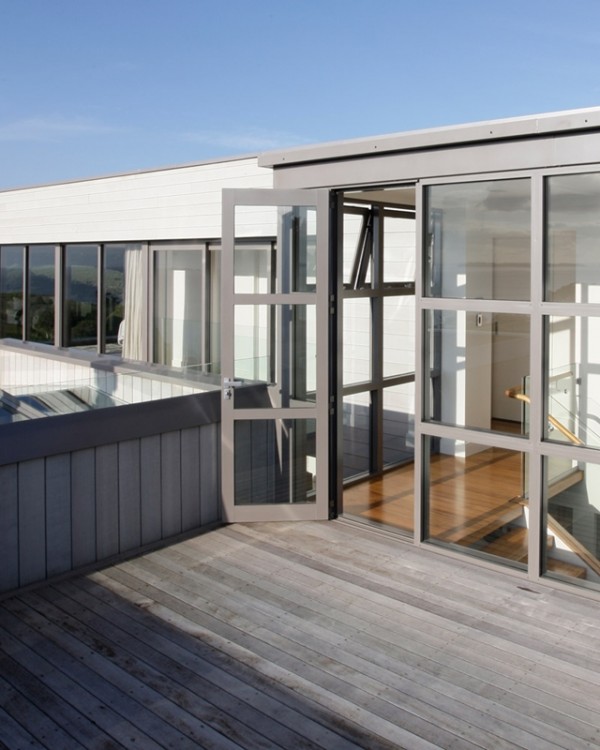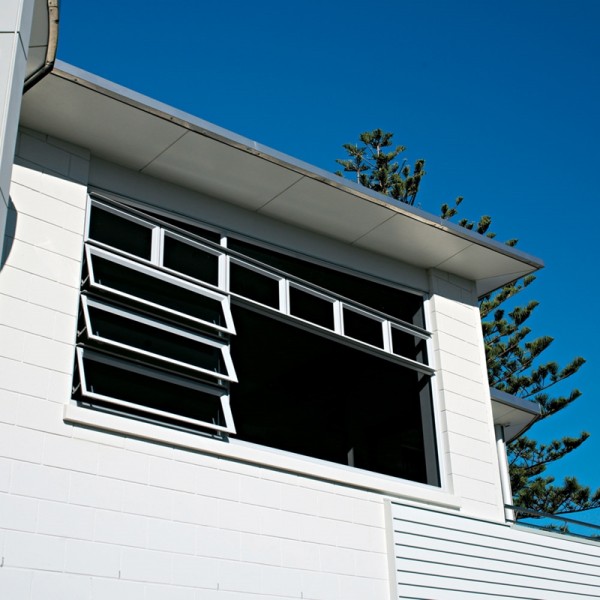Hinged Doors
Windows
Complementary
Hit enter to search or ESC to close
The importance of building for the future

When people choose to build a new home instead of buying existing property, it's because they're thinking of the future - their's, their family's and that of the environment. That's why it only makes sense to use build in a way that's sustainable and guaranteed to stand the test of time.
What does it mean to prepare your next project for the future? The principles are straightforward, but surprisingly, not all builders and suppliers heed them.
Does your home look after Mother Earth?
What does it mean to build for the future?
Building for the future rests on the following principles:
- High quality
- Health and safety
- Security and technology
- Minimising costs where possible
- Energy efficiency
- Resource responsibility
- Sound control
- Space management
What do these look like in real-life building practices? There's a multitude of ways to future-proof any given room in a home, and some are simpler and less expensive than you might think. Let's take a look at how you could incorporate all eight principles in a standard bathroom.
- Improve energy efficiency using under-floor heating
- Increase health and safety by painting the walls using zero or low VOC (volatile organic compounds) paint
- Control sound with acoustic plumbing and noise resistant insulation
- Manage space with durable, organised cabinetry
- Ensure resource responsibility by installing instant hot and cold taps and dual flush toilets
- Save money on electricity with task lighting
- Increase security with locking doors and windows
- Ensure quality by sourcing materials from reputable providers
Using these practices ensures your next build will last for generations and keep our world beautiful and healthy as well. Building for the future can also save homeowners money. It's commonly estimated that homeowners spend 1 per cent of their property's value on maintenance each year. By choosing durable, high quality materials, you can minimise repair and replacement expenditures for your customers down the line.

Aluminium is a great choice for doors that are strong, enduring, and attractive.
Why the right windows and doors are essential
Considering the critical role windows and doors play in residential architecture, ensuring they are built and installed using the right supplies might be the most essential way to build responsibly. Windows and doors directly impact a home's security, sound control and energy efficiency.
Among other things, the right windows and doors will:
- Be built of long lasting and low maintenance materials, such as aluminium
- Be double glazed to avoid losing too much heat through the panes
- Ensure a home's safety and security
- Utilise New Zealand made products

Windows should be practical as well as beautiful.
When choosing windows and doors, there are several things builders need to ask. Do they open correctly and the way they should in a given space? Do they let in light and air where you want to and keep it out when you don't? Are they easy to clean? How do they keep the home secure? Only a trained technician can answer these questions.
Aluminium doors provide a home with a good looking door that is strong.
You want to make sure doors and windows are attractive and match the theme of the home, but it's also essential that they're functional, secure and lasting. Aluminium is a great option because it offers a strong level of security with very little maintenance, and can also enhance a home's insulation.
At Altus Window Systems, we consider the future in every product we offer. That's why we provide a range of windows and doors that are built with durability, security and sustainability in mind. Reach out today to find out more about how our offerings can enhance your next build, and how our expert team can guide you every step of the way.













